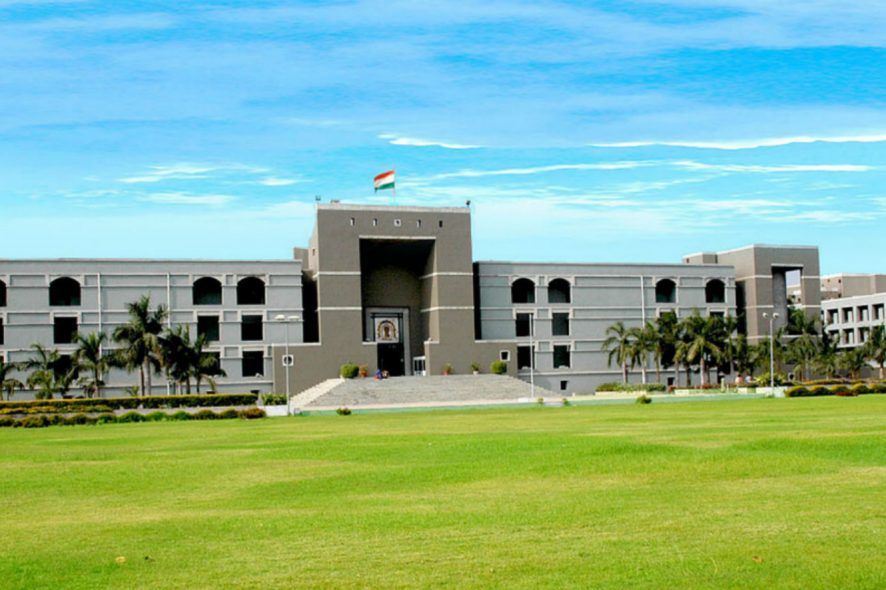Gujarat High Court: Dr A.P. Thaker, J. passed an order to grant anticipatory bail for the offences punishable under Section 3(1)(r)(s) and 3(2)(v-a) of the Scheduled Tribes (Prevention of Atrocities) Act, 1989.
An appeal was made to the court after an application for anticipatory bail was rejected by the Special Judge (Atrocity), City Session Court, Ahmedabad.
The fact of the case was that the complainant had a fight with the appellant and during the fight, the appellant assaulted the complainant who suffered some injuries. Thereafter, the complainant lodged an FIR against the appellant under the provisions of the Indian Penal Code and Atrocity Act.
The learned Counsel for the Appellant, Mahesh Bariya and Pooja Baswal, prayed for the grant of an anticipatory bail which was vehemently opposed by the respondent’s counsel, Monali Bhatt on the ground that the offence was made out under Atrocity Act and thus was a grave offence.
The court placed reliance on the law laid down by the apex court in Gorige Pentaiah v. State of A.P., (2008) 12 SCC 531 which laid down that the preliminary inquiry shall be conducted by Deputy Superintendent of Police to find out whether allegation made out under the said act before registering an FIR relating to the commission of an offence and approval of appropriate authority shall be obtained before arrest of any person in connection with such offence.
The Court thus held that in the present case, it is doubtful as to commission of offence under Atrocity Act. Further, it appears from the affidavit of the complainant that the matter has been amicably settled between the parties and complainant has also tendered the affidavit for quashing the same FIR. Considering the facts and circumstances of the case, without discussing the evidence in details, prima facie, this court is of the considered opinion that the discretion under Section 438 of the Code of Criminal Procedure is required to be exercised.
The anticipatory bail was thus granted with the condition that appellant shall remain present before the Magistrate on the first day of hearing of the application and after all the subsequent occasions as may be directed by the Magistrate. It was also clarified that the appellant, even if, remanded to police custody, upon completion of such period of police remand, shall be set free immediately, subject to other conditions of the anticipatory bail order.[Vipul Maganbhai Patel v. State of Gujarat, 2019 SCC OnLine Guj 832, decided on 10-05-2019]






